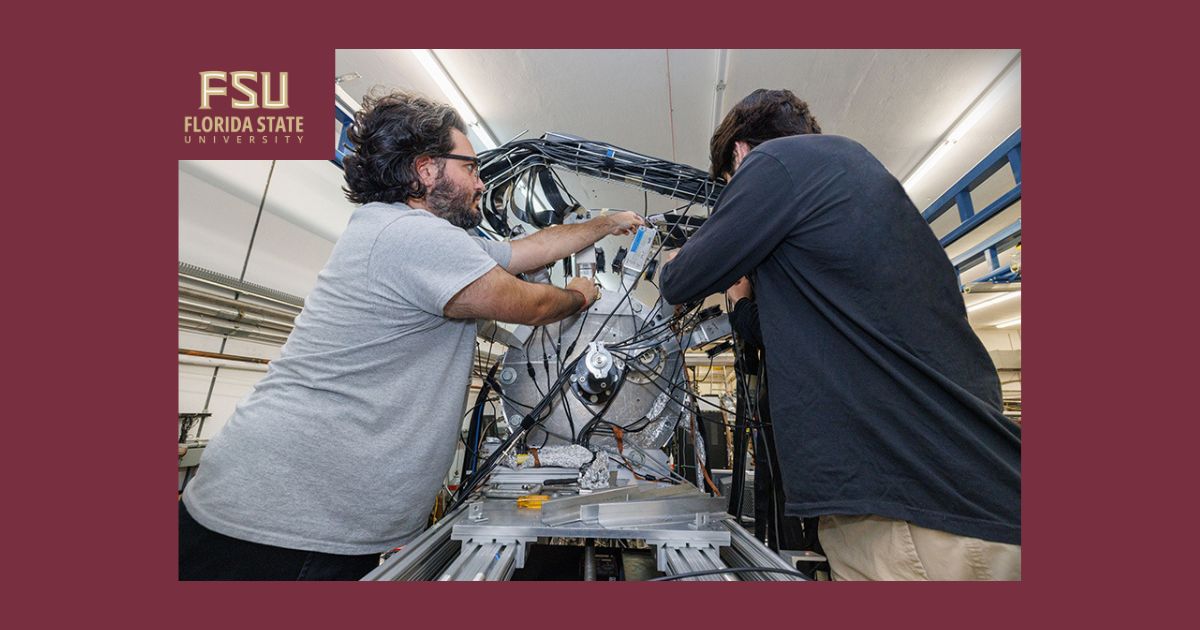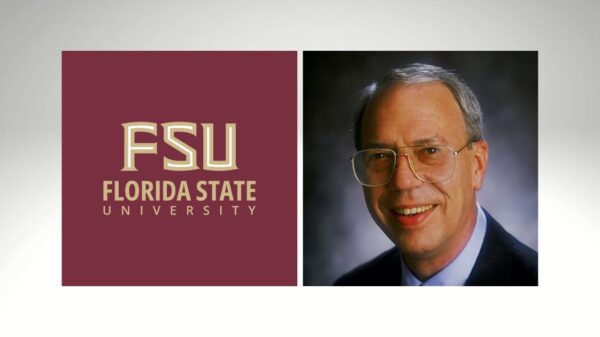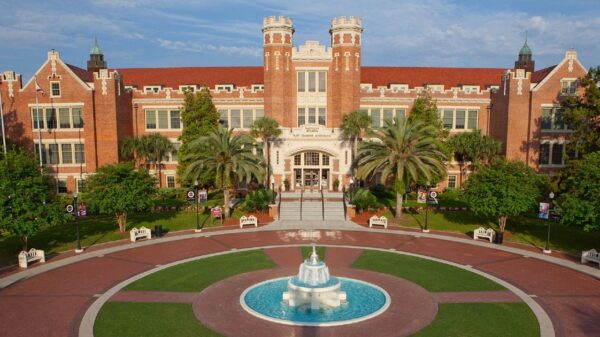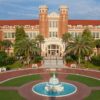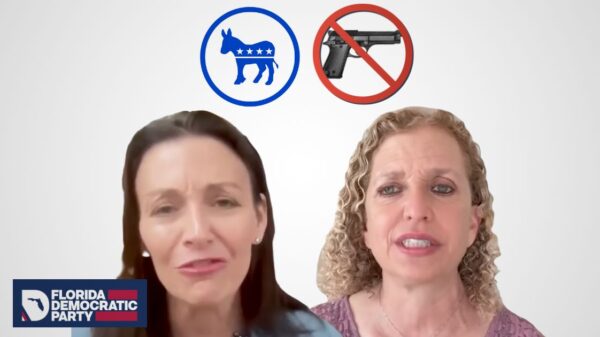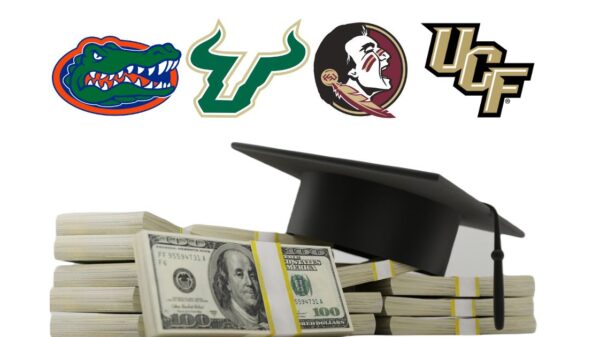Trillions of miles away from our planet, nuclear reactions inside exploding stars produce most of the naturally occurring elements in the universe.
Here on Earth, Florida State University physicists at the John D. Fox Superconducting Accelerator Laboratory will replicate those reactions to better understand how they work and produce elements. Their work to investigate the universe’s building blocks is funded by a $9 million grant from the National Science Foundation (NSF).
The most distant star explosions are investigated by astronomers through multiple “messengers,” things like visible light, high-energy particles and gravitational waves. Various areas of physics are required to understand these observations from a distance, and nuclear physics plays a central role. The FSU researchers can recreate the conditions during star explosions in the laboratory — atom by atom — to better understand astronomical observations and how such explosions create the chemical elements found in nature.
“When we look out into the universe, we see different stars and star explosions with different properties,” said Ingo Wiedenhoever, a professor in the Department of Physics and a co-principal investigator on the project. “Understanding those star explosions requires us to understand the ingredients of those stars. Some of these explosions tell us about space and time itself, how the universe expands and how that expansion accelerates. We are trying to put our understanding of those star explosions on more solid footing and calibrate them to a level where we have quantitative predictions that we can use in astronomical observations.”
The project includes two major research goals:
- Studying nuclear reactions within stars: By reproducing the nuclear reactions that take place in stellar explosions, FSU physicists can measure the rates at which reactions occur in exploding stars. That information will give researchers a better understanding of the amounts of elements in the universe and contribute to a deeper understanding of star explosions.
- Investigating unstable nuclei: The research team will also measure the behavior of so-called exotic nuclei, which are atoms of any element with the standard number of protons and electrons but different numbers of neutrons, either unusually large or small. They are highly unstable and don’t occur naturally on Earth. Measuring the properties of exotic nuclei can give physicists clues as to the fundamental nature of how nuclei in general are held together.
Along with understanding more about the workings of the universe, nuclear physics has many practical applications. Research into exotic nuclei could improve technologies such as medical imaging, radiotherapy-based cancer treatments, high-precision industrial measurements and more.
Since its founding in 1960, the Fox Superconducting Laboratory has been at the forefront of physics research and education.
“Ever since Gov. LeRoy Collins established our laboratory 64 years ago, we’ve been a beacon of international excellence for the state of Florida, and we have set the bar very high for scientific excellence in Florida during that entire time,” said co-principal investigator Professor Paul Cottle.
The FSU nuclear physics program supported by this grant is one of the nation’s leading educators of nuclear scientists at both the undergraduate and doctorate levels, with a decades-long legacy of leading science.
“The nation’s need for Ph.D. graduates in nuclear science is growing, and the nation is dependent to a large extent on our output over those 64 years to meet those nuclear scientist demands,” Cottle said. “We talk about the applications of our research. Well, maybe the most important product of our research is our graduate students and how they help the nation advance its nuclear science agenda.”
Other FSU physicists who are co-principal investigators on this project are Assistant Professor Vandana Tripathi, Assistant Professor Mark Spieker, Associate Professor Sergio Almaraz-Calderon and Professor Samuel Tabor. They will collaborate with researchers from around the country, including students and faculty from Louisiana State University, Ohio University, Oak Ridge National Laboratory and Lawrence Livermore National Laboratory.

